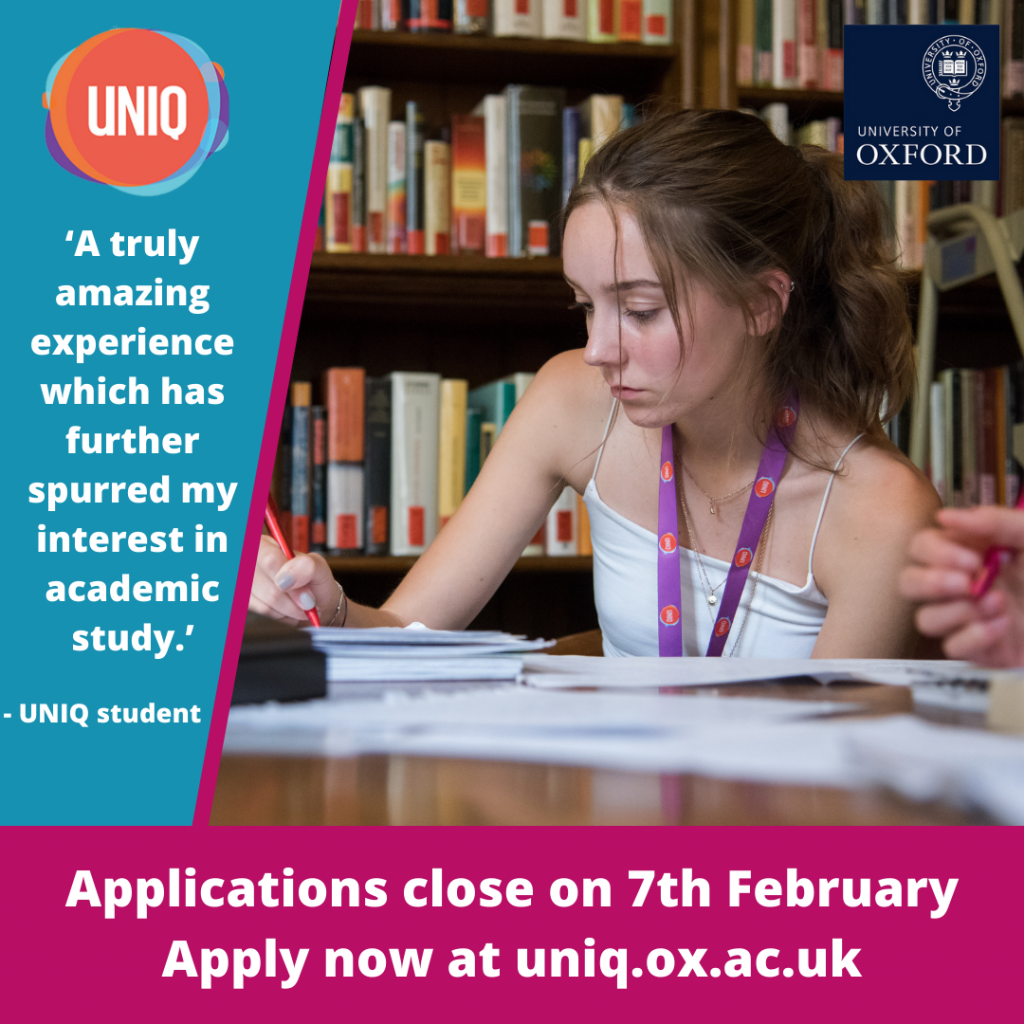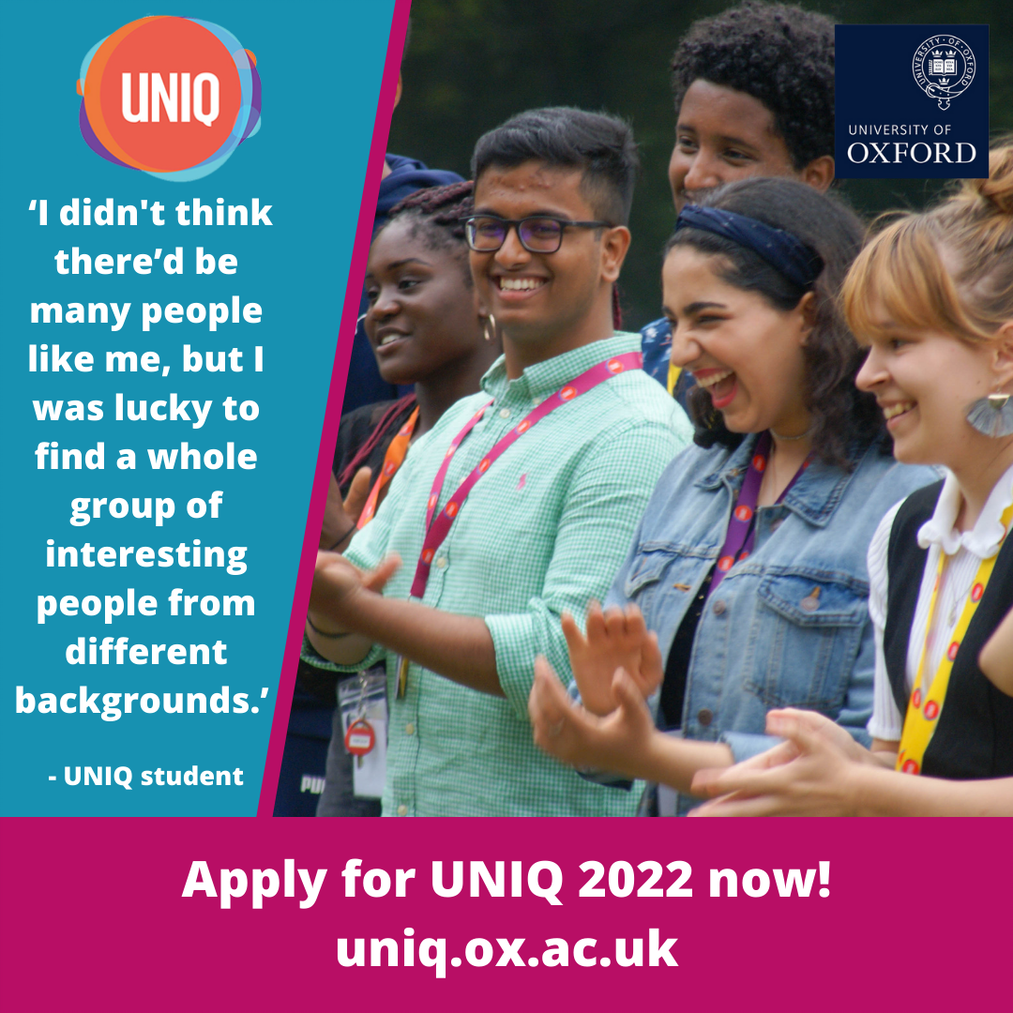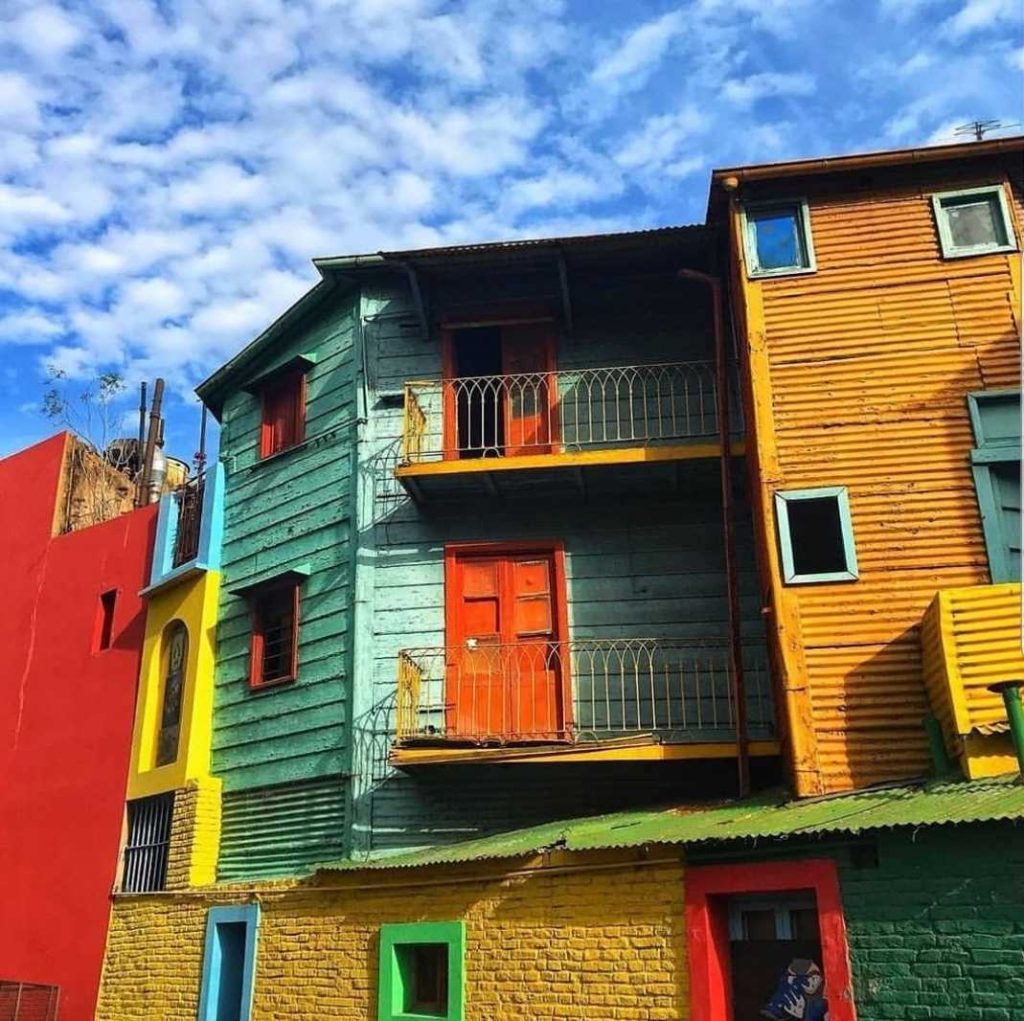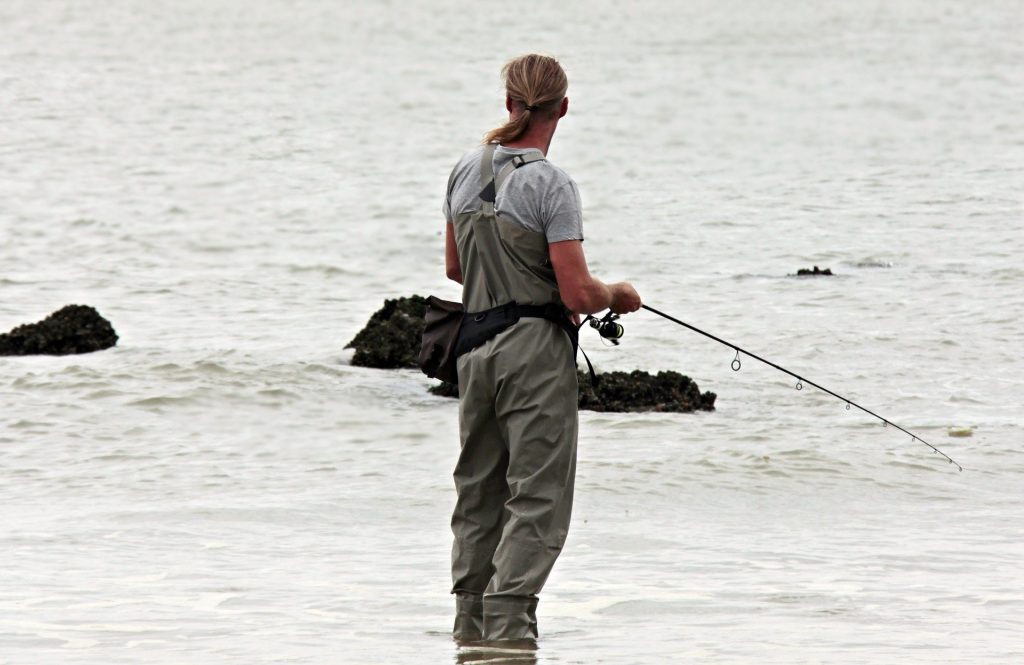…and Why You Might Too!
2nd year Spanish & History student at Balliol College, Georgie, explains why she loves her choice of degree course and why others might want to follow in her footsteps. Take it away Georgie!
At the age of 15 or 16, I’d always feel a mild degree of panic when asked the question “What do you want to study at uni?” It’s easy to be overwhelmed by the various subjects available to study at university, especially if you enjoy a wide variety of the subjects you take at school.
I studied the International Baccalaureate in Sixth Form, in which you take six subjects, so the thought of narrowing down to a single specialism felt very alien to me. But I soon came across the option to study a Joint Schools degree (also called a “Combined Honours” degree at some unis), and this seemed like a very attractive deal.
At Oxford, it is possible to take a Modern Language alongside a Humanities subject – Classics, English, History, Philosophy or Linguistics. This is a four-year course, with one year spent abroad, in which prelims (the first year) doesn’t count towards your degree, and your final exams take place at the end of your fourth year.

I’m midway through my second year at Balliol studying History and Spanish, and I absolutely love my degree, but I still believe that Joint Schools studies are notoriously mysterious. Read on as I try to bring some clarity to the subject…here are 5 reasons why I love my Joint Schools degree:
1. Breadth of Study
Taking a Modern Language and a Humanities subject means you take roughly half of the courses that a single-honours language student takes, and half the courses that a single-honours humanities student takes. Your modules are taken from the two distinct schools. A first-year taking History and Modern Languages, for example, would study two history papers, two foreign literature papers, and two language papers.
Studying two subjects automatically doubles the number and variety of modules available to you. The courses for both languages and humanities are extremely rich and there is a huge degree of freedom to explore your interests and choose your specialisms.
As a joint-schooler, I can access all the History modules offered to single-school students, and, since I take half of what they do, I do not have bend my studies around period or geographical requirements.

While straight History pupils must, at some point in their degree, study both “British Isles” and “European and World” papers from a range of different historical eras (early modern, 20th century, early medieval, etc.), joint schoolers have more freedom to choose not to study certain periods or geographical areas. As a joint-schooler, it is possible, for example, not to study a British History course during your entire time at Oxford.
2. Studying One Enriches the Study of the Other
While modules are taken from the two distinct schools, and do not explicitly blend the subjects, studying one subject really enriches the study of the other. The skills learnt in taking a modern language, such as rigorous literary analysis and attention to detail, can be applied to great benefit in the study of your other subject. Equally, studying humanities modules can bring perspective to your reading of foreign literature, as well as greater awareness of socio-political concerns.
It is possible to choose modules from different subjects which complement each other. To give two concrete examples:
A Classics paper, “The Latin Works of Petrarch”, could be taken alongside “Medieval Italian Literature: 1220-1430″.
Or a History paper, “Enlightenment and Revolutions: 1650-1850″, could be taken alongside the French “Modern Prescribed Authors I”, specialising in Voltaire and Diderot.
The lateral links to be made in blending the two schools are extremely exciting.
3. It’s Impossible to be Bored
As you might have guessed by now, it is virtually impossible to be bored! If you are the type of person who likes to have multiple subjects to focus on at one time, Joint Schools are perfect due to the breadth of study and the freedom to tailor your course to your interests. It should also be said that the Joint Schools courses are carefully designed so that you have a normal workload! You won’t be bored but you also won’t have unmanageable amounts to do!
In the same day, I might translate a passage from a modern Latin American novel, read up on early medieval representations of gender, or complete an essay analysing a Spanish Golden Age ballad. There is always more to learn and read about; Joint Schools degrees can make you think in new ways and broaden your world outlook.

4. You Meet a Wider Variety of People
As a second year, my regular weekly timetable consists of: a history tutorial and/or a literature tutorial, a language tutorial, two language classes, two lectures, and (for this term only) a history seminar. This is the biggest workload I have had so far, and schedules vary greatly over the three years spent in Oxford.
Classes and lectures are run through the Modern Languages Faculty, and, through these, it is possible to meet students from all over the university. Tutorials may be held either through the college or at another college, where your tutorial partner/s come from a different college. Taking more classes, from different schools, widens the variety of people with whom you interact and makes for a very interesting set of daily conversations!
5. The Year Abroad
A huge attraction for taking Modern Languages is, of course, the Year Abroad. Usually taken in your third year – apart from students of Beginners’ Arabic or Beginners’ Russian who go in their second year – the Year Abroad offers the opportunity to spend some time working in industry, teaching, or studying in a foreign country.

When studying Modern Languages at Oxford, the norm (but not the rule) is to take two languages. As a joint-schooler taking one language alongside a humanities subject, you can devote your entire year to immersing yourself in your single target language; the opportunity to improve your language skills and culturally enrich your life is unparalleled. When you get back to Oxford, by fourth year, you will have a wealth of experience and cultural knowledge from which to draw upon in your studies!
I can honestly say I love my degree. Studying two subjects – in my case History and Spanish – has meant I’m never bored of work, especially because I can productively spend time searching for places to go on my Year Abroad! If I were to go back in time about 3 or 4 years, I’d tell my past self to stop worrying about trying to choose a single specialism. Each subject offers such a broad variety of choice and an incredible degree of freedom to tailor your studies around your interests.
*********
Thank you Georgie for that wonderful insight into the joys of a Joint Schools degree course!
A reminder that we are still taking bookings for our Italian and Russian & Slavonic Languages Open Days, both taking place on Saturday 5th March. You can book your place here – don’t miss out on the chance to learn more about these exciting courses!











